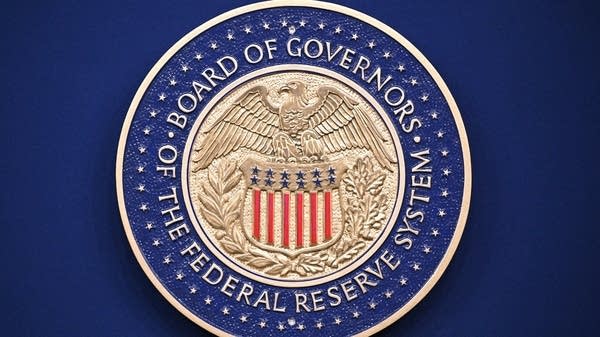What the GOP tax bill would mean for businesses
One thing some are seeing as a win for businesses? Expanding and making permanent the "pass-through deduction."

Republicans' big tax and spending bill, currently making its way through the Senate, would extend the individual tax cut from the 2017 Tax Cuts and Jobs Act. That’s one of the provisions that would lead to it adding an estimated $2.6 trillion to the deficit over 10 years.
Marketplace Senior Washington Correspondent Kimberly Adams has been looking into just how some of the proposed changes in the bill would change the economy, especially for businesses. She joined “Marketplace Morning Report” host David Brancaccio to discuss. The following is an edited transcript of their conversation.
David Brancaccio: Now, remember, Congress made the tax cuts for corporations, as opposed to individuals, permanent in that 2017 law. So what's in this reconciliation package for businesses?
Kimberly Adams: Quite a bit, especially for small- and medium-sized businesses. I spoke with Jeff Brabant, who's vice president for federal government relations at the National Federation of Independent Business, and he told me he really feels like businesses came out on top in this bill.
Jeff Brabant: For example, right now, the cap on full and immediate expensing for equipment for small businesses is $1.25 million. Congress wants to double that to $2.5 million, which we think is a really good thing to encourage small business owners to invest in new equipment, buy a new tractor if you're a farmer.
Adams: But the big win, says Brabant, is making what's called the "pass-through deduction" permanent and expanding it.
Brancaccio: You're the best Kimberly, because you're going to try to explain the pass-through deduction. How does it work, and what is the GOP want to change?
Adams: So if you're a business that's a sole proprietorship, LLCs, or some partnerships in S corps, you pay your business' taxes at personal income tax rates, which are much higher than what corporations pay. So the 2017 law gave an extra deduction for those businesses, but a lot of people have complained that it doesn't really help small businesses that much. Richard Trent is executive director of the small business advocacy group Main Street Alliance.
Richard Trent: So the initial numbers on this are that the top 1% of small businesses are reaping 50% of the benefit coming from that deduction. So this is a small business deduction that cost about $800 billion, the vast majority of that benefit going to the largest small businesses in the country.
Adams: Right now, that deduction is 20% but this bill would make it permanent and boost it to 23%.
Brancaccio: All right. Now, Republicans want to make major spending cuts to help partially pay for the tax cuts. But how might some of those cuts affect businesses.
Adams: Lots of different ways. So for example, this bill threatens many of the Inflation Reduction Act or green energy tax credits. And Michael Negron with this group Small Business Majority and a senior fellow at the Center for American Progress gives this example of possible impact of that:
Michael Negron: There were credits for solar to support solar installation. There were small businesses that made a living out of essentially marketing those tax credits and going to homeowners or going to businesses. Same goes for energy-efficient home improvements, and this bill would just about immediately terminate them.
Adams: Of course, this is just the House version of the bill we're talking about. The Senate is working through it and hearing from lobbyists and constituents, so things could change.













